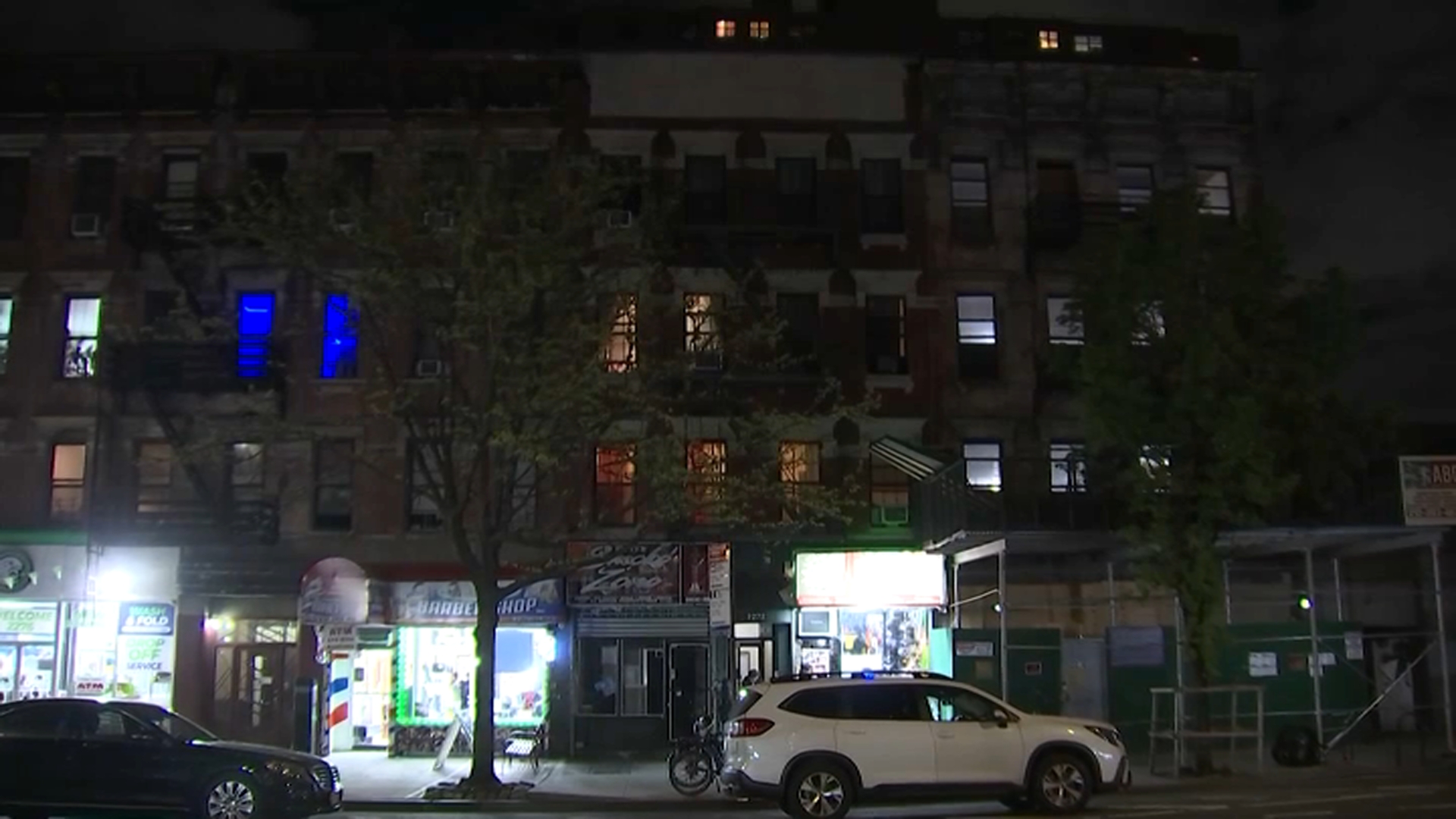A new partnership launched at the Staten Island University Hospital is making anti-venom readily accessible to people exposed to potentially venomous animals.
These include people like Staten Island Zoo reptile keeper Matt Lanier, who knows what one strike by a rattlesnake can mean for him.
"You get that little bit of a, 'OK, here's what I'm about to do and I better be on point,'" he said, describing his mindset as he works with snakes.
Lanier keeps anti-venoms close by inside a refrigerator.
"They are my life," he said. "If I were to get bitten, this is what potentially could save my life."
The anti-venom comes from a sharing program launched at Staten Island University Hospital by Dr. Nima Majlesi at Staten Island University Hospital, which unites the zoo, the hospital and toxicologists.
"We understand poisoning, we understand the treatment with anti-venom," said Majlesi.
Local
The hospital understands the importance of having anti-venom stocked on the shelf, ready to help not just vulnerable zoo keepers but anyone in the tri-state region -- like those who keep venomous snakes as pets.
"We know people have exotic snakes in their homes and in the event that people get bit by one of those snakes, that would be a devastating circumstance," said Majlesi.
"Your number one priority is to get to an emergency department," she said.
A single vial of anti-venom can cost more than $1,000. In some cases, a single bite can require as many as 20 vials.
"It's like a fire extinguisher," said Staten Island Zoo General Curator Dr. Marc Valitutto. "You better have it around. Hope to God you don't ever have to use one."



